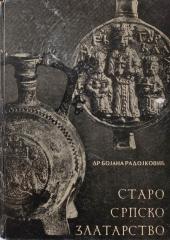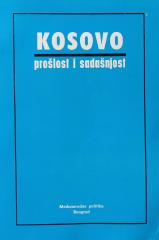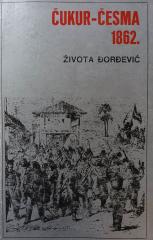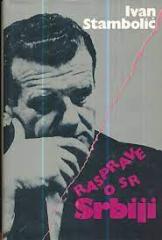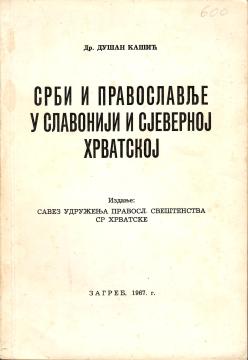
Srbi i pravoslavlje u Slavoniji i sjevernoj Hrvatskoj
"Serbs and Orthodoxy in Slavonia and Northern Croatia" by Dušan Kašić is a historical and sociological work that analyzes the history, culture and religious life of Orthodox Serbs in Slavonia and northern Croatia.
The book deals with the identity of Serbs of the Orthodox faith in this part of Croatia through historical development, from the arrival of Orthodox communities in these areas to their position in modern social circumstances.
Kašić describes in detail the historical context of the arrival of Orthodox Serbs in Slavonia and northern Croatia. Certain waves of settlement are connected with the Turkish conquests during the 16th and 17th centuries and the Habsburg Monarchy, which provided Orthodox settlers with certain privileges through the Statute of 1690. Orthodox Serbs were an important part of the Military Border system, where they served as border guards and at the same time developed their own religious and cultural institutions.
The author investigates the role of the Serbian Orthodox Church in preserving the national and religious identity of the Serbs in this area. Kašić describes the construction and significance of Orthodox temples and monasteries, which were centers of spiritual and cultural life. The role of the church extends to education and the spread of literacy, with Orthodox schools playing a key role in preserving language and tradition.
The book analyzes mutual relations between Orthodox Serbs and other ethnic and religious groups in Slavonia and northern Croatia. Although there were conflicts, especially during periods of national tension in the 19th and 20th centuries, the author also points to periods of mutual coexistence and cooperation. Special emphasis is placed on the influence of political changes and wars on the position of Serbs and their religious communities, including the period of the Kingdom of Yugoslavia, NDH and socialist Yugoslavia.
No copies available
The last copy was sold recently.

